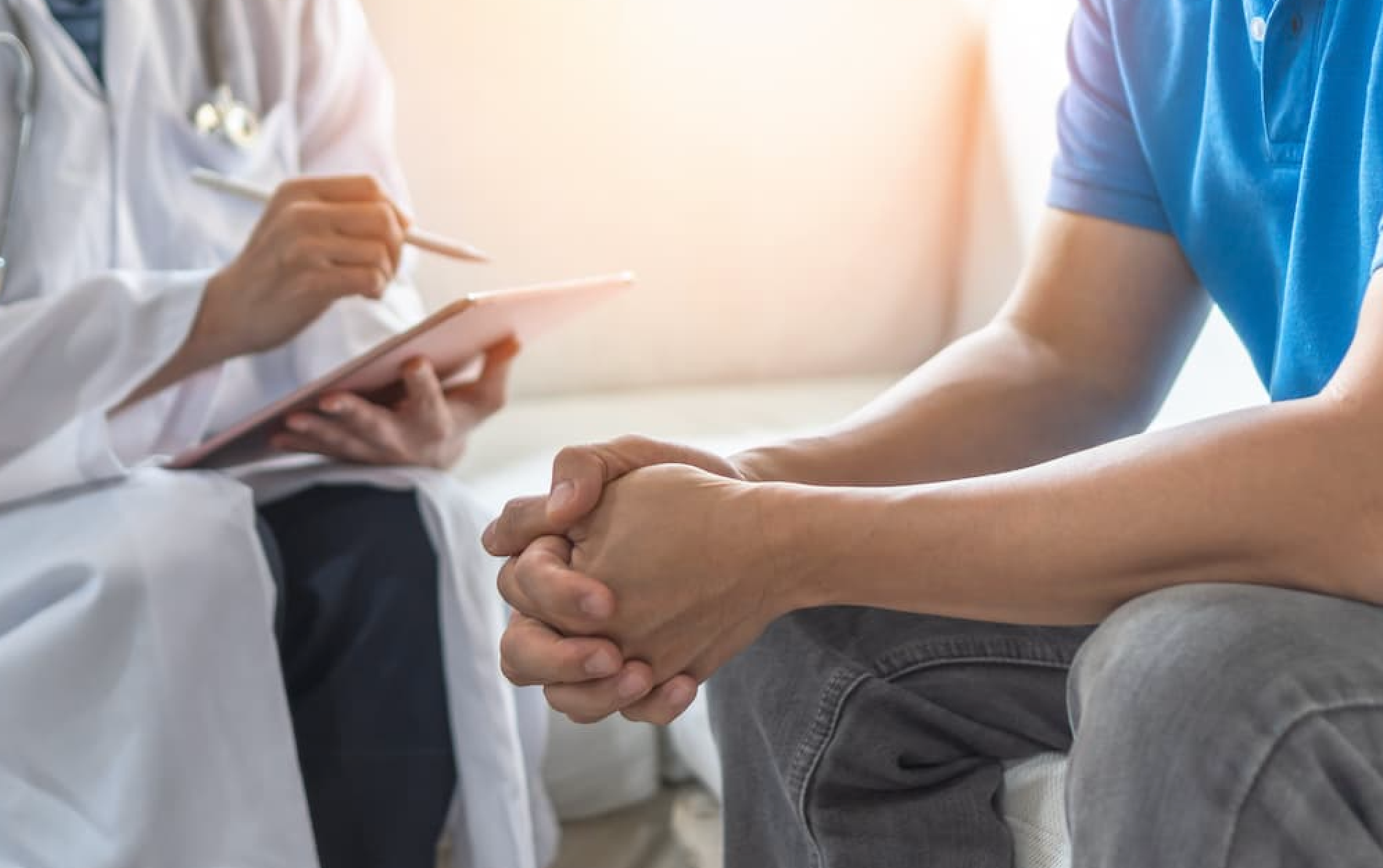
Men Would Rather Sit in Traffic Than Talk About Prostate Health
Prostate enlargement is common with age, yet innovative treatments like HoLEP offer long-lasting relief with minimal downtime.
By
Lana Pine| Published on November 6, 2025
5 min read
Nearly four out of 10 men would rather be stuck in traffic or watch their favorite sports team lose a big game than talk about their prostate health, according to a recent survey from Orlando Health. While the topic may feel awkward or uncomfortable, avoiding the conversation can delay diagnosis and treatment for common prostate conditions — especially enlarged prostate — that can greatly affect a man’s daily routine, confidence and overall quality of life.
Prostate concerns are extremely common as men age, but many chalk up urinary changes to “just getting older,” not realizing that treatment can help. Jay Amin, M.D., a urologist at Orlando Health, says that prostate enlargement happens for many reasons, including genetic and hormonal factors, and it is more common than most men realize.
“Prostate enlargement affects approximately 60% of men by age 60, rising to as many as 80% by age 80,” said Amin.
This growth can cause uncomfortable urinary symptoms that interfere with daily life. Common warning signs include difficulty starting or maintaining urination, urinary urgency or frequency (especially waking up more than twice a night), urine leakage, or pain and burning while urinating. Some men also report having to strain while using the bathroom, a weak urine stream or the constant feeling of a full bladder.
The most common cause of prostate enlargement is benign prostatic hyperplasia (BPH), a noncancerous condition that can lead to much more than inconvenience if left untreated. BPH is the most common cause of urinary blockage in men, and delayed care can lead to bladder stones, blood in the urine, repeat urinary tract infections and even kidney damage.
Despite these risks, many men are hesitant to bring up symptoms with their doctor — and many try to manage on their own. Others start with medications or minimally invasive therapies, but symptom relief doesn’t always last.
“Many men try different medicines or minimally invasive therapies to help their urinary symptoms, but the relief is short-term. We’re now able to offer a procedure that rarely needs to be done again; only about 1% of patients need another treatment, even after 20 years,” said Amin.
One of the most effective long-term treatment options is holmium laser enucleation of the prostate (HoLEP), a minimally invasive procedure that removes excess prostate tissue without any external incisions. The procedure is done through the urethra and typically causes very little pain. Most men only experience mild discomfort from the catheter placed temporarily after surgery, which is usually removed within 24 hours. Light activity can typically resume within a week, and most patients return to their regular routines — including exercise — within about three weeks.
“Of all the procedures I do, it is by far the most rewarding procedure because everyone is happy,” shared Amin. “I have a patient who had been catheter dependent for 19 months, and now he’s urinating again.”
For 50-year-old marathon runner Chris Golden, symptoms began creeping into every part of his life — sleep, work, exercise and daily routines. Before seeing a doctor, he tried limiting soda and making lifestyle changes, thinking irritation might be the cause. But nothing helped.
“I’d constantly have to worry about where the bathroom was at all times, because if I had the urge to go, I had to go soon,” said Golden. “Then once I made it to the bathroom, I would oftentimes wait at the urinal while the men around me finished in two seconds and I’d be waiting two minutes.”
After receiving a diagnosis of BPH, Golden chose HoLEP. Following a short hospital stay and a brief recovery, he was back to running — without bathroom anxiety weighing him down.
“Men should bring their symptoms to their doctor, because who wants to be in the bathroom constantly?” he said.
Talking openly about prostate health may feel uncomfortable, but doing so can be life-changing. If urinary symptoms are disrupting your sleep, daily routine, or confidence, don’t ignore them or assume it’s “just aging.” Prostate issues are common — and highly treatable. Speaking with your doctor can help you find relief and get back to enjoying your life again.

